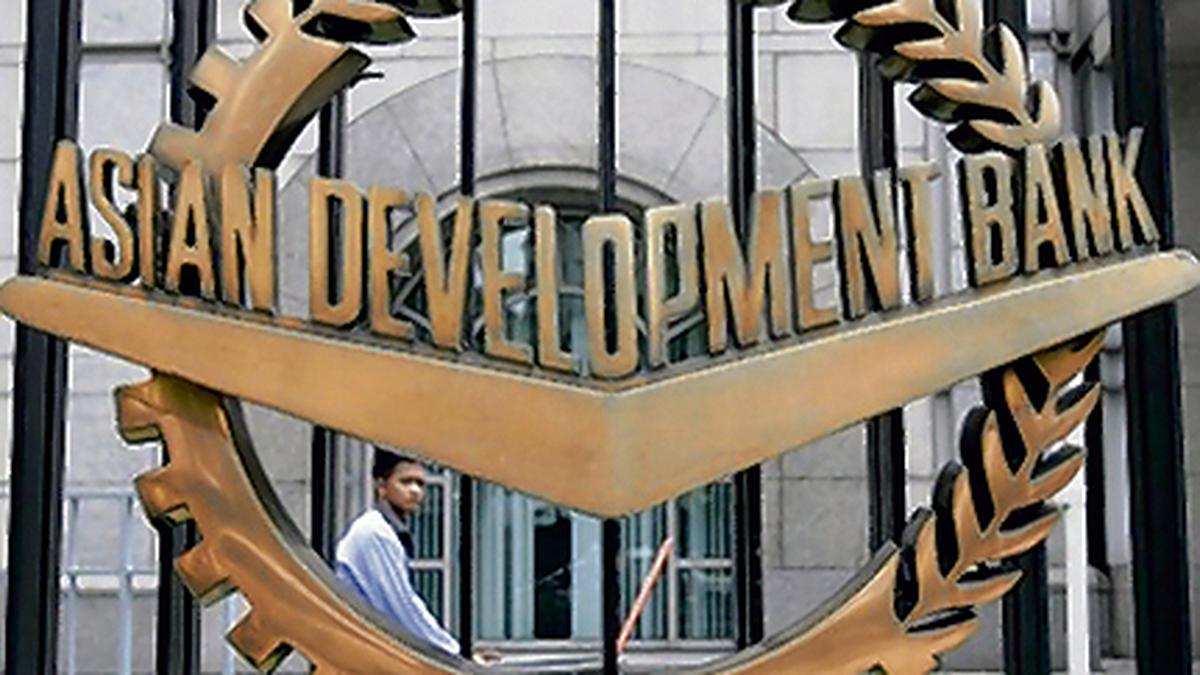
‘Regular assistance’ for Afghanistan ‘on hold’, says ADB
The Hindu
The Asian Development Bank continues to monitor the situation in Afghanistan as it “maintains a hold” on the finances for infrastructure projects in the Taliban-ruled country
The Asian Development Bank (ADB) continues to “monitor” the situation in Afghanistan as it “maintains a hold” on the finances for infrastructure projects in the Taliban-ruled country, a spokesperson for the Manila-headquartered bank has said. In remarks to The Hindu, the bank reiterated its commitment to Afghanistan’s humanitarian necessities. The Taliban, however, said the ADB should reassess its position on funding power projects as infrastructure projects are for the “ordinary Afghans”.
“The ADB maintains the hold it placed on its regular assistance in Afghanistan effective 15 August, 2021. ADB continues to consult with our shareholders and other stakeholders, and to monitor the situation in Afghanistan,” a spokesperson for ADB told The Hindu in an emailed comment.
The ADB had earlier committed to financing major electricity projects in Afghanistan during the Presidency of Ashraf Ghani. The ADB’s projects in Afghanistan included the 500KV transmission line from Shaberghan to Dasht e Alwan, and other plans in northern, eastern and southern parts of Afghanistan that would also enable it to import power from Central Asia. The projects were put on hold in the backdrop of the military takeover of Afghanistan by the Taliban in August, 2021.
The subject of power projects was taken up last week by the Taliban during a meeting with a delegation of the Afghan Chamber of Industry and Mines (ACIM). The Taliban’s “Deputy Prime Minister for Economic Affairs” Abdul Ghani Baradar Akhund, who was earlier noted for negotiating the Doha Agreement with the U.S. in 2020, took up the Shaberghan to Dasht e Alwan power project, and urged Afghan and foreign stakeholders to come forward to restart the works. Taliban sources have been urging Indian companies that were active in building the power projects in Afghanistan to return and resume work. India, however, does not recognise the Taliban, though it maintains a “technical team” in the Indian mission in Kabul. The Ministry of External Affairs is yet to respond to the comments from the ADB and Mr. Baradar.
In his remarks, while inaugurating a housing society project in Kabul on Monday, Mr. Baradar invited investors to return to Afghanistan. Mr. Baradar said the security situation is now better and that the Taliban would protect investors “with all its might”.
Speaking to The Hindu, Shafi Azam, the “Director General of the Economic Section” of the Taliban administration, urged the ADB to return to Afghanistan and restart funding of infrastructure projects. “They should review their stance of freezing of the budget for sponsoring these development projects. They should not politicise the common projects which benefit ordinary Afghans. These projects belong to ordinary Afghans. Last winter, because of lack of electricity, our people had to heat their houses by burning rubber tyres and coal and other materials that are very harmful for human health,” Mr. Azam said. He urged the ADB to “rethink”, especially in cases where the projects were near completion, but the engineering companies had to leave because of the worsening security situation in August 2021.
Mr. Azam also said electricity is required, especially for running hospitals that are suffering from power shortage. “I don’t know how they can take decisions that ultimately threaten the lives of ordinary Afghans,” Mr. Azam said, urging the ADB to rethink its stance on the funding of power projects. In recent weeks, the Taliban has also reached out to Turkmenistan in a bid to restart its stalled infrastructure projects, and Taliban sources informed that there are possibilities of Afghanistan receiving support from Central Asian states in rebuilding the power sector.











